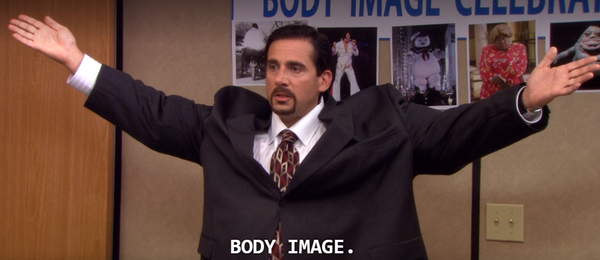At only 28 years old, Trey Edward Shulz is certainly ushering in a new generation of filmmakers — specifically, horror filmmakers. It would certainly be a cliche to suggest that the current political landscape is one of "horror," but one can suggest that fear of the unknown has seized the zeitgeist of middle America. After September 11th, with an unstable technological landscape and a fear-based 2016 election result, the fear has gotten more global and more grandiose while still keeping a personal tinge. With this in mind, the horror film should be compelled to change with the times, as well. Gone are the slasher films with a motiveless, deranged killer like "Halloween" or "Friday The 13th," and even revisionist twists of these like "Scream" and "The Cabin In The Woods" have certainly run their course in our post-post-modernist art wave. What is more appropriate for the times now is a minimalist, fear-based horror/thriller with a more refined, more current social commentary, something I personally think "Get Out" struggled to bring to light. Despite its audacious narrative, once the film actually starts, there are no groundbreaking film making techniques, and the viewer gains no additional landscape.
On the other hand, "It Comes At Night" achieves both of those things — and then some. Edward Shulz' mise en scene is a restless, pestering progression, as long takes compel the camera to move to characters' point of views when the power of the conversation shifts. Sometimes, the camera will track to the front of the line of characters, giving the viewer an experience the equivalent to the friend being pushed in the front to check out "what's going on." Then, there's the human element. As a movie about the unknown, the characters' decisions are made that much more important, and they tap in to the human condition and the imperfectness of humankind, both physically and psychologically. These along with the understated story make "It Comes At Night" the epitome of the model modern horror movie.
The small family of Paul (Joel Edgerton), Sarah (Carmen Ejogo), and Travis (Kelvin Harrison Jr.) are trapped in their woodland house after a supposed virus creates an apocalypse, rendering an infrastructure collapse and people at the risk of a deadly disease. After the disease takes hold of Sarah's father, Paul, Sarah, and Travis are alone until the character Will arrives, in need of food for his family. After much interrogation and thought, Paul decides that it is best, both strategically and altruistically, to take Will's family in. We are introduced to his wife Kim (Riley Keough) and their preschool-aged son, Andrew (Griffin Robert Faulkner), and, although they do appear to be completely normal and healthy, the fear of the unknown strains the power dynamic between both families.
Although this story is true, it is, strategically, patiently placed within the first act. The film opens up with the diseased faced of Sarah's father, Bud (David Pendleton), but we are not sure as to the character's relationship in the story even when he is taken out to be put out of his misery while the rest of the family has gas masks on. This renders them a product of their environment like Anna Karina's back-of-the-head cafe opening in Jean Luc-Godard's Vivre Sa Vie. The post-apocalyptic landscape is also nimble touched upon as well. Most of the film takes place within the undisturbed, isolated household, and the only hint of the outside world are negative responses to questions like, "do you know what's going on out there?" This understated approach works wonders for a patient millennial audience; they are so used to having information shoved down their throats that having something be figured out for themselves evokes an undiscovered, ineffable feeling of accomplishment. Likewise, the current (or, instead, fading) onslaught of world-building dystopian and post-apocalyptic film with a 'maximalistic' approach make films like "It Comes At Night" a more-than-needed breather. Even the horror aspect of it is played down. There happens to only be a couple of jump scares, and it is certainly for the better. Millennials have also been so accustomed to the jump scare, pummeling the senses, that one either has to go bigger or extremely smaller to make an effect on the numbed audience.
As said before, Edward Shulz goes smaller and for the better. Each jump scare is necessary, and even one more would compromise the genuine, realistic nature of the narrative. "It Comes At Night" is fundamentally character-driven. We do not know much about these characters except for the decisions they make, and each of these decisions has a realistic, empathetic foundation. There is no "bad guy" in this film. The exact same story could have been told from the perspective of Will's family, and not much would have changed. However, there are different perspectives, and there is no right or wrong — just a gray area. It is these constant, complicated decisions that makes this film a study of the human condition, turning a "post-apocalyptic" film into a personal, introspective story.
This gives the story its necessary social commentary. As the world gets bigger and more connected, our decisions get more and more personal. We are not worried about the whole; the whole will do fine on its own. We are now worried about our place in the whole, how we fit into the machine. However, we have to do that while still looking out for others and doing so in a more and more uncertain world. Paul's first priority is looking after himself and his family, but it is his humanistic duty to make sure Will's family is good as well. However, sometimes even both are not enough as the unknown can imperviously creep up on you, and enough is scarier than any jump scare.



















